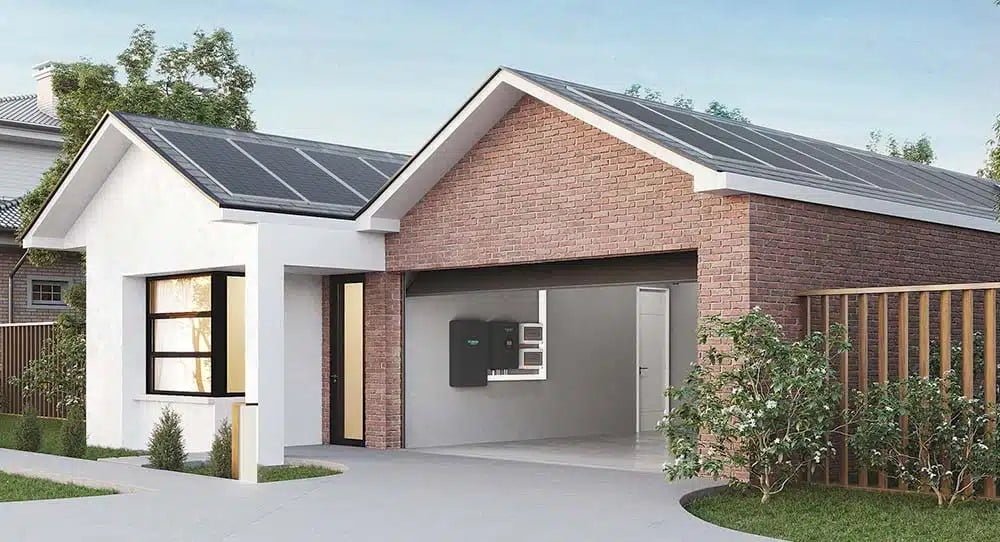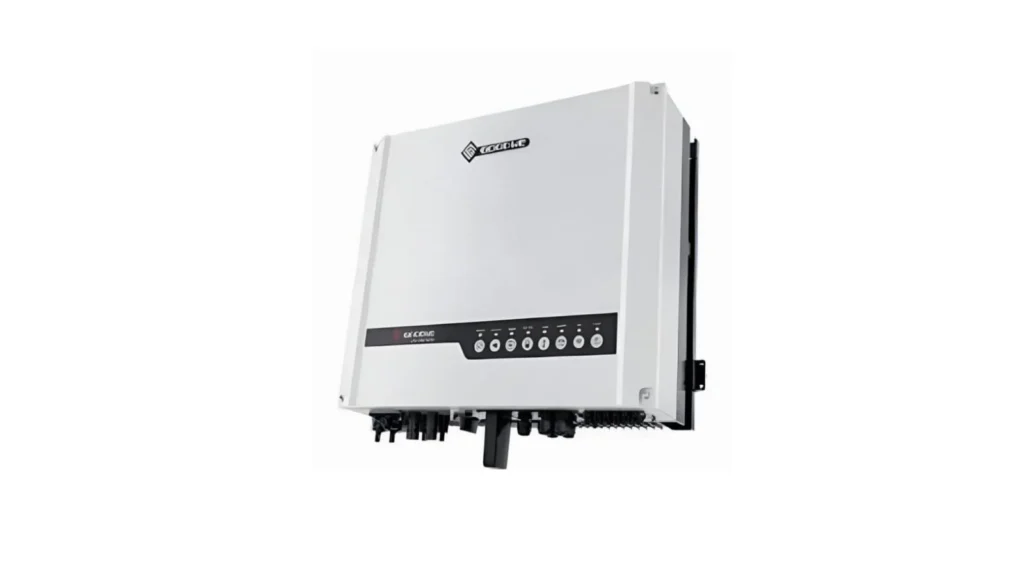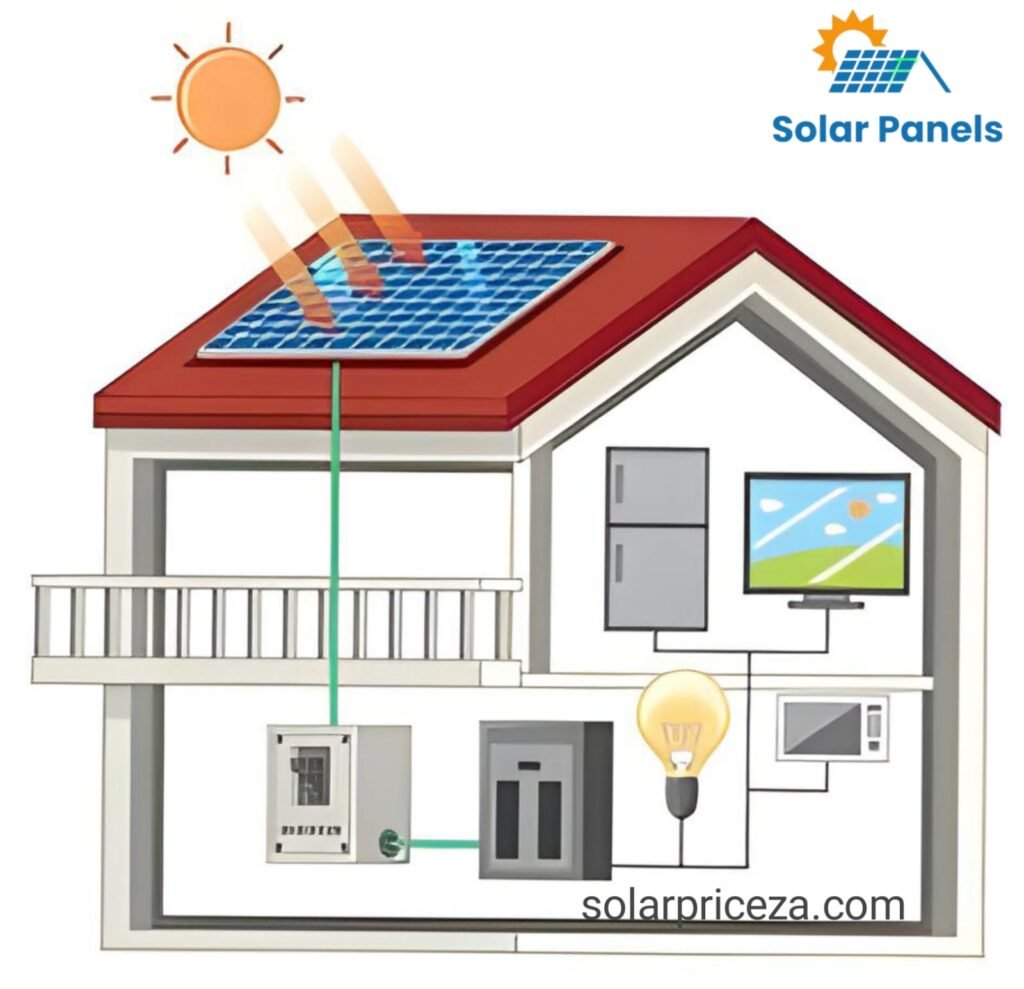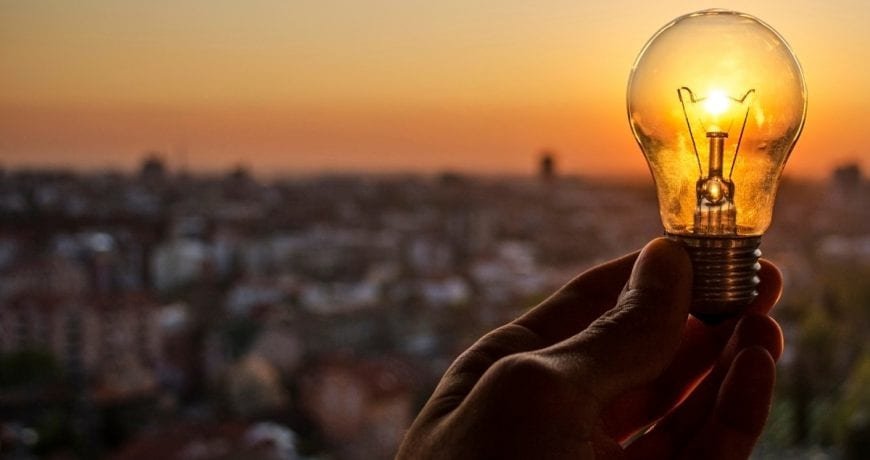Table of Contents
ToggleYour complete guide to solar power
Renewable energy has become more widely used in recent years, with solar energy leading the way as the most cost-effective choice. In addition to being a prudent investment that will lower your electricity costs and help create a more environmentally friendly future, installing a solar power plant is also an environmentally friendly decision.
If you’re considering installing a solar power plant to lower your energy costs, this tutorial will lead you through the fundamental installation stages.

What are the kits for solar system?
In short, everything you need to install and utilize solar electricity is included in a solar powers kit, which also includes batteries, inverters, and solar panels.
What does a solar system kit include?
Given the current load-shedding situation we find ourselves in, it can be very overwhelming to know that you need to start using solar power but are unsure of what to get or where to start. When you buy a solar powers kit, we will give you the information you need to decide what you need.
Among the parts of the solar system kit that are most visible are clearly the solar panels. This element is the most important since you cannot generate solar power for your house or place of business without solar panels.

An inverter is the next important component of the solar system package. An inverter component converts the energy from solar panels and stores it in batteries to create electricity for your home office.

Another essential part of a solar powers kit is batteries, which are great if you need backup power at night when the sun sets. When the sun doesn’t shine, the inverter batteries store the energy generated by the solar panels and inverters to power your house or place of business.

What are the different types of solar system kits?
There are numerous solar powers kits available for you to select from, based on what you require for your solar power setup. Solar powers kits come in three varieties: off-grid, hybrid, and three-phase. Furthermore, a wide variety of inverter sizes are offered. The 5kW, 8kW, and 12kW inverter sizes are the most widely used ones.
Off-grid solar powers kits:
For houses that are off the grid and in the middle of nowhere, off-grid kits are perfect. It is suitable for homes that generate all of their electricity from solar energy but lack any other electrical source. Additionally, off-grid inverters function best in areas without solar panels.

Hybrid solar powers kits:
This solar powers system combines grid electricity, solar powers, and inverter batteries to provide a consistent, reliable power source. This kit’s benefit is that it switches over so quickly that load shedding won’t even register in your mind. These solar power kits help you avoid wasting the generated power supply and help you save money over time. This kit is the best option because it is safe, quiet, and dependable.

3-phase solar system kits:
This is usually the kit you need if you’re seeking solar electricity for your factory, office, or workshop. A three-phase inverter is required when using a three-phase supply. Before selecting the best power kit option for you, make sure your power supply has three phases, as some South African homes do have this feature.

Conclusion:
In conclusion, South Africans looking to lessen their carbon footprint and dependency on the grid will find solar power to be a feasible and attractive alternative. Because of the nation’s plentiful sunshine and technological developments, solar energy is growing as a viable and sustainable energy source. You now have the knowledge necessary to harness the power of the sun and take charge of your energy demands because you understand the advantages, types of solar panels, installation procedures, and frequently asked questions. For those who own businesses or homes, solar power provides a dependable and environmentally responsible substitute for conventional electricity sources.
FAQ's:
The power obtained from the sun’s rays is known as solar energy, and it provides a renewable and sustainable source of electricity.
Through the photovoltaic effect, solar panels use sunlight to generate electricity. This direct current is then converted to alternating current for use in homes.
Indeed, batteries can be used to store extra energy for later use, providing a dependable backup during power shortages.
In the long term, solar panels can save you money, but prices vary based on brand, size, and installation fees.


